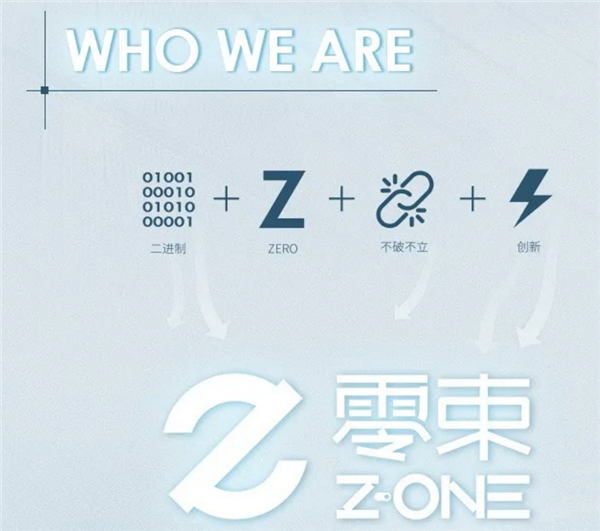SAIC Motor’s software unit dubbed Z-ONE
Shanghai (Gasgoo)- "Z-ONE", the name of SAIC Motor's software subsidiary, was officially unveiled on July 21. The announcement came after local media outlets exposed several months ago that the automaker was building its own software hub and recruiting relevant talents.
The newly-unveiled branch will primarily work on the development of intelligent driving engineering, software architecture, underlying software platform and data factory. To be specific, the products and services will contain SOA (service-oriented architecture) software platform, the new-generation centralized electronic architecture, the computing chips, the platform of automobile big data, the edge AI applications, the intelligent cockpit system, the data as well as the cybersecurity.

(Photo source: Z-ONE's WeChat account)
Z-ONE aims to help clients develop the differentiated data-driven intelligent driving experience and innovative business models, the company said via its WeChat account. Besides, it is dedicated to becoming a competitive supplier and partner in the domain of the intelligent driving-related basic technology.
The talent recruitment is still moving ahead. The posts related to intelligent driving business include experts or engineers of route planning & control, HD map technology, vehicle control, intelligent driving big data platform, simulation system and data analysis, etc.
Z-ONE said it attempts to offer user the ICV-related cloud-application-device basic technology architecture and solutions that boast leading technologies, services and great cost effectiveness by gathering the global ICV elites.
During this year's two sessions, Chen Hong, chairman of SAIC Motor Corporation Limited and a deputy to the 13th National People's Congress, proposed supporting the eligible regions in speeding up the development of ICVs.
He proposed the Chinese government to break through the restriction of laws and regulations in some designated routes and regions under administrative control first to meet ICVs' road testing demands. The eligible regions like the Yangtze River Delta should be encouraged to build the pilot zones for highly automated (Level 3 or above) autonomous driving applications in places with favorable development conditions such as Shanghai's Donghai Bridge and International Automobile City at Jiading District.
By coordinating with relevant state's departments, local governments should allow the pilot zones to have highly automated cars tested and applied on expressways or viaducts, and take the lead in conducting in specific areas the commercial trial of passenger-/goods-carrying autonomous vehicles without human safety guard, he said. These moves are beyond limitations of current laws and regulations.
Gasgoo not only offers timely news and profound insight about China auto industry, but also help with business connection and expansion for suppliers and purchasers via multiple channels and methods. Buyer service:buyer-support@gasgoo.comSeller Service:seller-support@gasgoo.com







